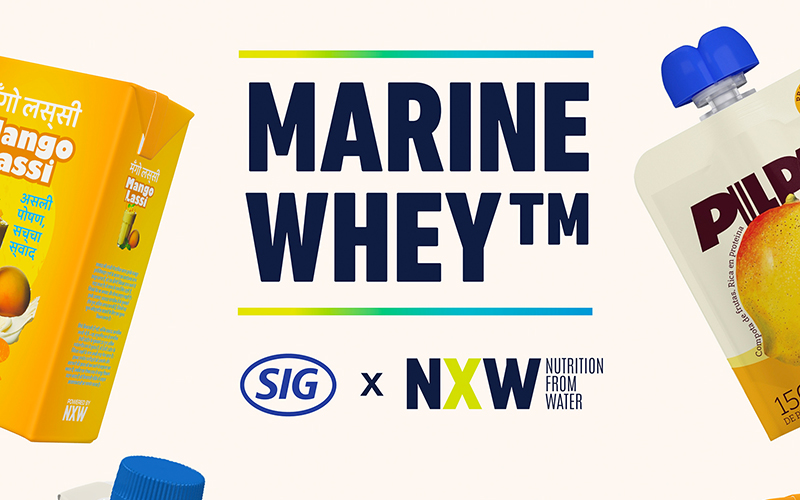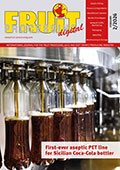SIG and Nutrition from Water partner to create innovative micro algae protein solutions in aseptic packaging to help close the global nutrition gap
SIG and Nutrition from Water have announced a global partnership to develop integrated product concepts that combine algae-based protein beverages with advanced aseptic packaging. The initiative is designed to help close the nutrition gap …

SIG and Nutrition from Water (NXW) have announced a global partnership to develop integrated product concepts that combine algae-based protein beverages with advanced aseptic packaging. The initiative is designed to help close the nutrition gap in rapidly growing economies, delivering protein-rich nutrition to communities where it is needed most.
The collaboration started at MISTA, the San Francisco-based global food innovation platform that SIG joined in 2023. MISTA unites leading companies in food, ingredients, and food technology to accelerate the transformation of the global food system. With the world population expected to reach 10 billion by 2050, according to the United Nations, the need for healthy, accessible diets that also protect natural resources is more urgent than ever.
SIG and NXW are focusing their efforts on fast-growing, underserved economies where nutrient deficiencies are most pronounced. By bringing together NXW’s innovations in algae-derived proteins with SIG’s expertise in aseptic carton and pouch packaging, the partnership aims to provide food and beverage products with essential water algae proteins and micronutrients in aseptic packaging solutions. Product positioning can range from healthy basic nutrition for consumers with low incomes, who are most affected by malnutrition, to added-value products enriched with an extra portion of healthy protein
NXW’s bioprocessing technology transforms microalgae strains into high-performing ingredients. Their Marine Whey™ product range includes protein-rich, fiber-dense powders that are highly digestible and non-GMO, making them ideal for addressing malnutrition and macronutrient gaps. These ingredients can replace or supplement animal and plant-based proteins, expanding options for food and beverage manufacturers worldwide.








